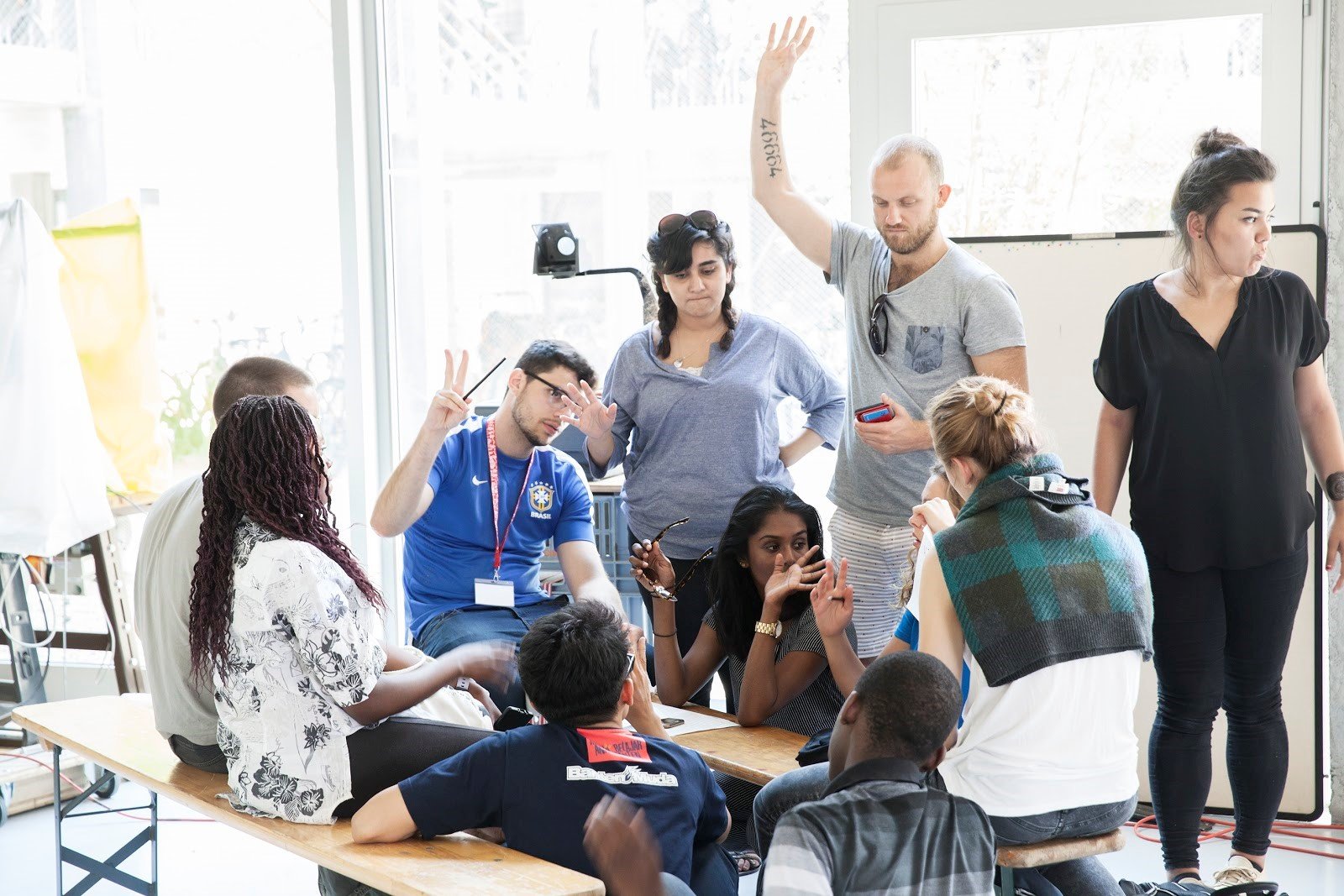Leadership is an essential skill that empowers young people to make positive impacts in their communities and the world. Encouraging leadership in today’s youth is not just about teaching them how to lead, but also about instilling qualities like confidence, responsibility, empathy, and vision. Here are some key strategies for encouraging leadership among young people:
1. Provide Opportunities for Responsibility
One of the most effective ways to foster leadership in youth is by giving them opportunities to take on responsibilities. Whether it’s through school projects, extracurricular activities, or community service, responsibility helps young people develop problem-solving skills, decision-making abilities, and accountability.
- Delegate Tasks: Encourage youth to lead small projects or teams where they can practice decision-making, time management, and communication skills.
- Encourage Volunteering: Volunteering in community organizations or school clubs can help youth develop leadership skills by allowing them to take charge of initiatives and lead others.
2. Foster Open Communication and Listening Skills
Good leaders not only speak but also listen. Fostering open communication and active listening in young people is essential to building empathy and collaboration. Youth leaders must understand the concerns and ideas of others to make informed decisions and inspire those around them.
- Encourage Active Listening: Teach youth to value the perspectives of others by encouraging them to ask questions and listen attentively.
- Create Safe Spaces for Expression: Provide platforms where young people feel comfortable expressing their thoughts, ideas, and feedback.
3. Lead by Example
Youth often look up to role models for guidance and inspiration. Adults, mentors, and community leaders should model the qualities they hope to instill in young people, such as integrity, perseverance, respect, and accountability.
- Be a Positive Role Model: Show youth what effective leadership looks like through your own actions, demonstrating qualities like honesty, empathy, and resilience.
- Demonstrate Ethical Leadership: Teach youth the importance of ethical decision-making and taking responsibility for their actions.
4. Encourage Collaboration and Teamwork
Leadership is not only about individual achievement but also about working with others toward common goals. Encouraging teamwork and collaboration helps young people understand that leadership is about fostering cooperation and uniting others in pursuit of shared objectives.
- Promote Group Activities: Involve youth in team-based activities, from sports to group projects, to help them learn how to collaborate effectively.
- Teach Conflict Resolution: Leaders often deal with disagreements and conflicts. Teach youth how to navigate conflicts constructively, fostering respect and understanding.
5. Build Confidence and Self-Esteem
Confidence is a cornerstone of leadership. Encouraging youth to step out of their comfort zones and take on leadership roles can help them build self-esteem and self-assurance.
- Provide Positive Feedback: Acknowledge and celebrate achievements, both big and small, to boost confidence and motivate continued growth.
- Support Risk-Taking: Encourage youth to take calculated risks and embrace challenges as opportunities for growth and learning.

6. Promote Critical Thinking and Problem-Solving
Leaders are often faced with complex challenges and must be able to think critically and solve problems effectively. Encouraging youth to develop these skills helps prepare them to handle leadership responsibilities.
- Encourage Independent Thinking: Provide opportunities for young people to make decisions and solve problems on their own, allowing them to learn from both successes and mistakes.
- Engage in Thoughtful Discussions: Encourage youth to ask questions, consider different perspectives, and think critically about the issues that matter to them.
7. Instill a Sense of Purpose and Vision
Effective leaders are often driven by a sense of purpose and vision. Encourage young people to think about what they care about most and how they can contribute to making the world a better place.
- Guide Goal Setting: Help youth set clear, achievable goals and support them as they work toward these objectives.
- Encourage Community Involvement: Inspire youth to get involved in causes they are passionate about, whether it’s through activism, environmental work, or helping others in need.
8. Provide Mentorship and Support
Mentorship plays a crucial role in developing leadership skills. Pairing youth with mentors who can guide and support them can provide valuable learning opportunities and build their leadership potential.
- Create Mentorship Programs: Set up mentorship opportunities where young people can learn from experienced leaders in various fields, whether it’s business, activism, or community leadership.
- Foster Peer Mentoring: Encourage older youth to mentor younger peers, allowing them to develop leadership skills while helping others.
9. Encourage Community Engagement and Civic Responsibility
Leadership extends beyond individual success to making a positive impact on the community and society as a whole. Engaging youth in community projects and civic activities helps them understand the importance of social responsibility.
- Get Involved in Local Initiatives: Encourage youth to participate in community cleanups, charity events, or local leadership programs.
- Support Youth-Driven Initiatives: Allow young people to take the lead in community service or activism projects, empowering them to create change.
10. Celebrate Diversity in Leadership Styles
Leadership is not a one-size-fits-all quality, and there are many different ways to lead. It’s important to celebrate diverse leadership styles, helping youth understand that leadership can be expressed through various qualities, such as creativity, empathy, and innovation.
- Encourage Individual Strengths: Help young people identify their unique strengths and how they can leverage those qualities in their leadership journeys.
- Promote Inclusive Leadership: Teach youth that leadership involves embracing diversity and respecting different perspectives, creating inclusive environments where everyone can contribute.
Conclusion
Encouraging leadership among today’s youth is about nurturing their potential and providing them with the tools, support, and opportunities to succeed. By fostering responsibility, communication, confidence, and a sense of purpose, we can help shape a generation of young leaders who are equipped to create positive change in their communities and beyond. Empowering youth with the skills and mindset to lead will not only benefit them but also the world they will help shape in the future.




